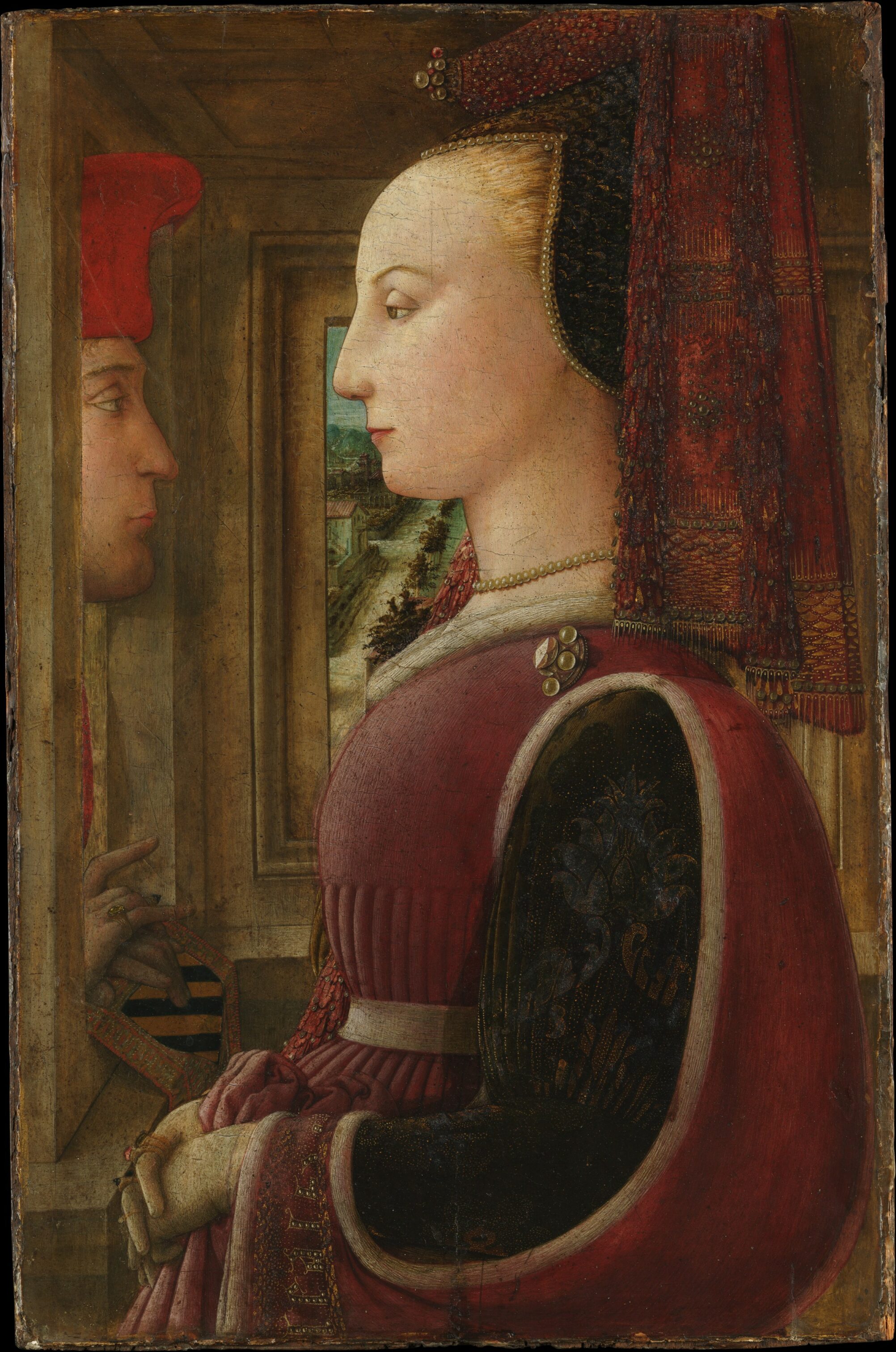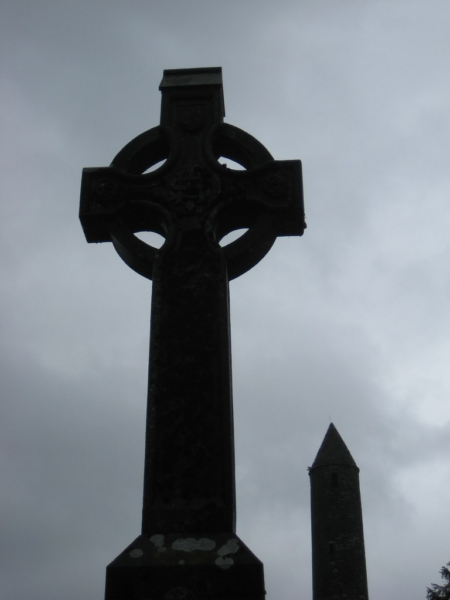This is a needed followup to the previous post.

Brad Wilcox’s new book, Get Married, emphasizes the benefits of marriage, including more sex, less loneliness, greater happiness, better-adjusted kids, and more meaning in life.
Wilcox teaches at the University of Virginia and he argues that a good marriage surpasses money, education, or job satisfaction in contributing to happiness. The article also explores the “Two-Parent Privilege,” highlighting the increased resources and commitment benefiting children in such households. The “Soulmate Trap” report from BYU’s Wheatley Institute critiques the notion of predestined soulmates, advocating instead for marriages built on agency, commitment, and intentional actions to foster flourishing relationships.
Many more details in this piece by DeseretNews.
+++

